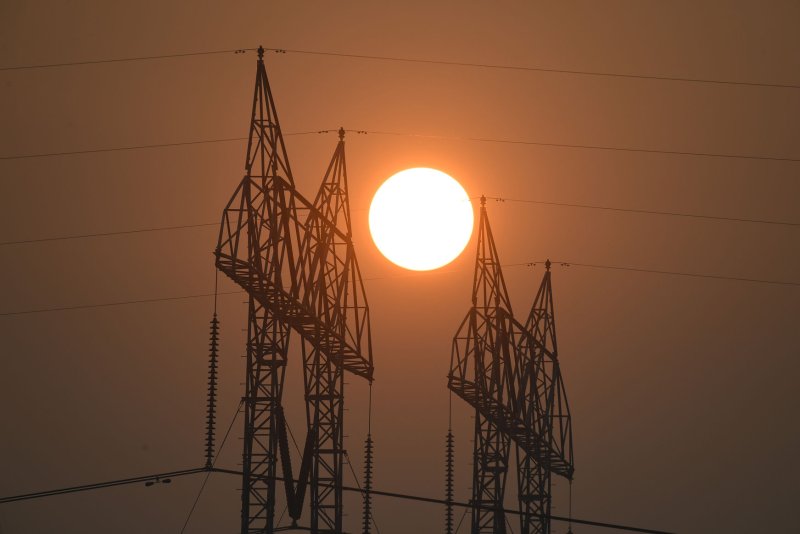Nov. 20 (UPI) -- Utility company Pacific Gas and Electric Co. began shutting off power to about 150,000 customers in Northern California on Wednesday amid forecasts of high winds that could spark wildfires in the region.
PG&E said it's cutting power to 18 counties, including Sonoma, Napa and Nevada, to avoid the possibility of the winds causing power lines to spark a wildfire.















